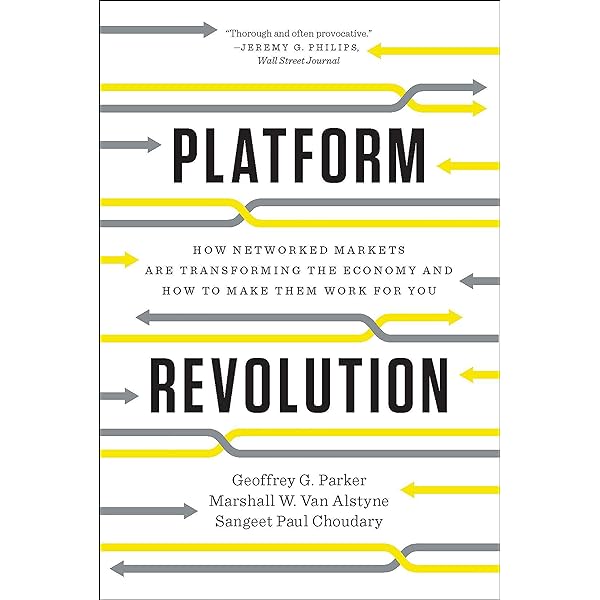
All roads lead to Rome, goes one saying. Why Rome? For the longest time, Rome was the heart of the Holy Roman Empire, before it broke up into the Byzantine Empire in the East that is now Turkey. Fast forward to the 21st century, all global economic exchanges seem to be headed to a “platform economy.”
AirBnB, Uber, Facebook, LinkedIn, Google, Apple, SAP, Ten Cent, Snap, Softbank, We Chat, Udemy, Amazon, Skills Share, Duolingo, and Bitcoin to name a few, are transforming the landscape of the global economy as we speak.
The scale at which they are doing so, while collecting big data along the way, defy the laws of gravity and normal logic of commerce. For example, instead of building a powerful end-to-end product with good service, it is customer reviews that will decide the rise and fall of company. The customer indeed is king. More importantly, the customer has become a spoiled emperor, as s/he wants the products to be cheap but fantastic too. Companies therefore invest in strong and safe branding to keep customers happy after each evaluation. It is another form of political correctness; only that it is commercial correctness on a grand scale. No customer should be offended across the world therefore, earning the loyalty and yield of customers across the global who are accessible through a platform.
But why can’t Yahoo or others venture across this divide, to create a platform economy, remains a huge puzzle. Is it due to the high barrier of entry? In the media sector, it is customers who are generating news, as is the case with Huffington Post. News that was otherwise “blasted” out, is now “brought in,” based on its viral content and feedback. The logic of the media has been completely inversed. Editors don’t wield as much influence as the customers.
Invariably, when things become too much to bear, some news media, such as those in Brunei, turned to shutting down readers’ comments. The goal was to perpetuate the top down model of news delivery, which is anathema to what a “platform economy,” demands. Even YouTube is based on viewers and customers uploading their content. Again, another inversion of the media.
In the education sector, Udemy, Coursera, Dualingo, Skillshare, and Khan Academy are all aiming at bite size courses. Even WordPress web design programs can be mastered under 3 hours at less than USD 1; provided you can understand the highly accented English of the Indian coder.
In Singapore, Vivi has allowed readers and watchers of the media program to upload the subtitles of their favorite Asian dramas; not unlike Wikipedia. It is no longer a surprise to see Chinese movies rendered into Vietnamese subtitles in YouTube.
Everyone is sharing across various platforms and scale, and this is only the first inkling of how dramatically the world of e-commerce will change. is not just commerce, but education, media and finance nearly everything that is radically changing.
